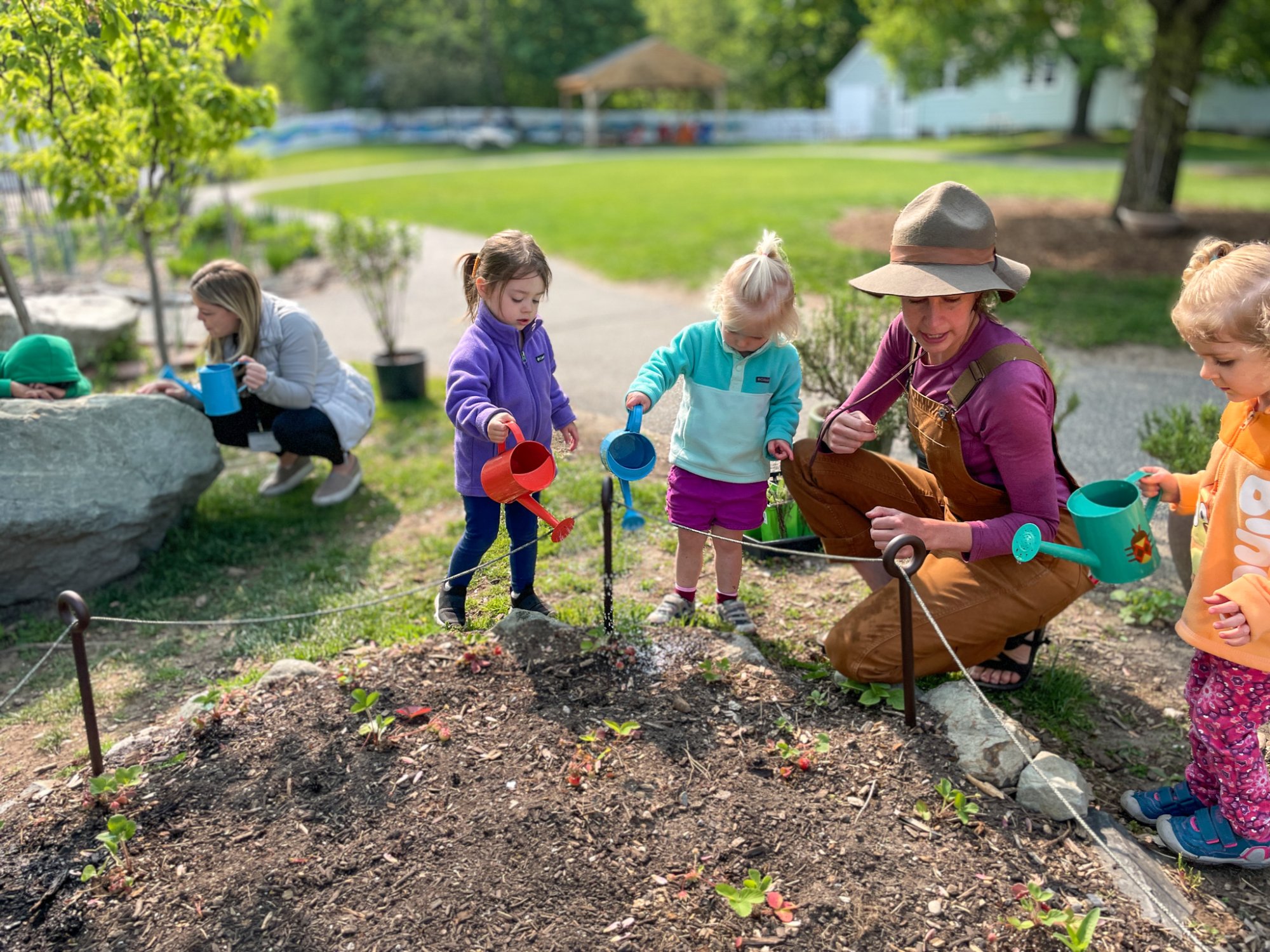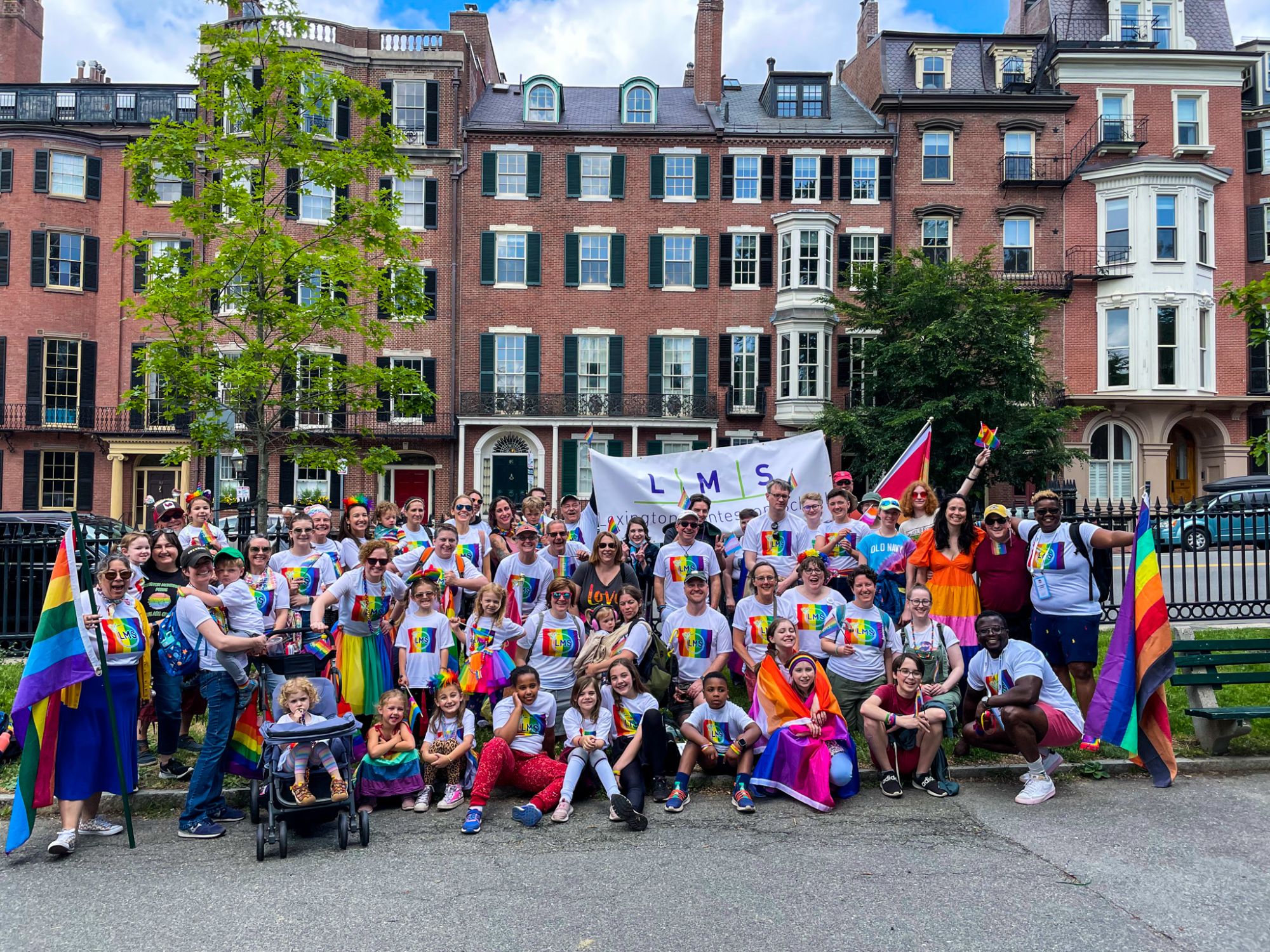Lexington Montessori School builds an inclusive, joyful community that ignites self-discovery through purposeful learning, inspiring children to embrace and challenge the world with compassion, resilience and courage.
Diversity at LMS: Our Statement
At the Lexington Montessori School, we recognize that building a multicultural school requires an ongoing commitment of time, energy and resources in both our curriculum and our school practices.
Implicit within the Montessori philosophy is the concept of a multicultural school. Through our curriculum, we work to acknowledge and explore differences among us and in the world. We want children to learn to understand and value multiple perspectives, identify and reject stereotypes and prejudices, and work for equity and justice within the school.
At an organizational level, we are committed to creating and maintaining a diverse student and staff population which shares differences of gender, race, religion, family structure, socioeconomic level, culture, age, sexual orientation, language and learning style.
Our goal at LMS is to create an environment where each person freely brings their whole self to school each day, comfortable that every individual will be honored and protected.
Sustainability at LMS
Lexington Montessori School regards global stewardship and responsible management of resources as integral to our mission as we seek to live harmoniously with our world.
LMS teaches children to have an impact on the world through Awareness and Action. The school emphasizes critical thinking to foster community awareness and to engender in our students an appreciation of the environmental, social and economic consequences of individual and collective actions.
Together...
Students, teachers and staff study the school’s impact on the environment as well as on the health and livelihood of people across the globe. LMS commits to critical consideration of this impact in all school decision making, as well as in all areas of curriculum development.






